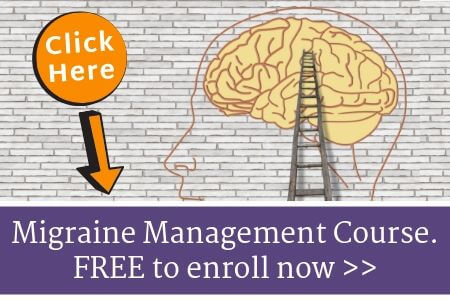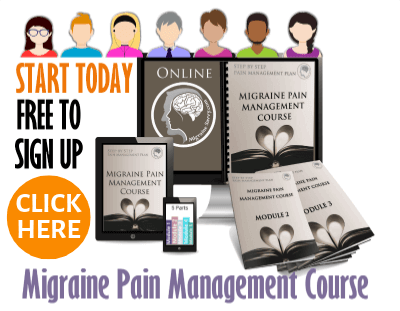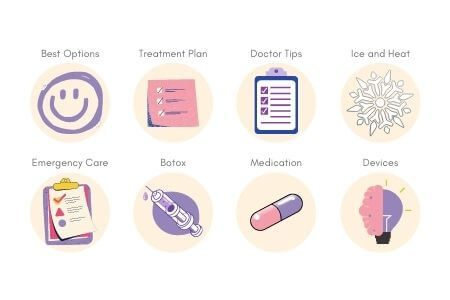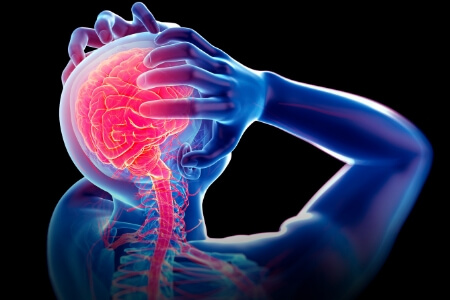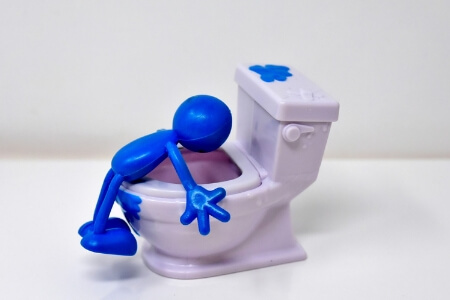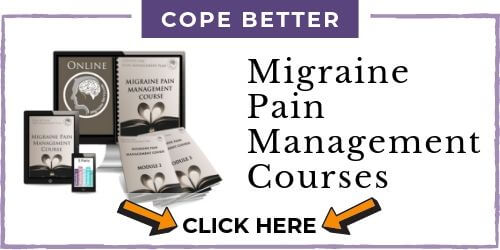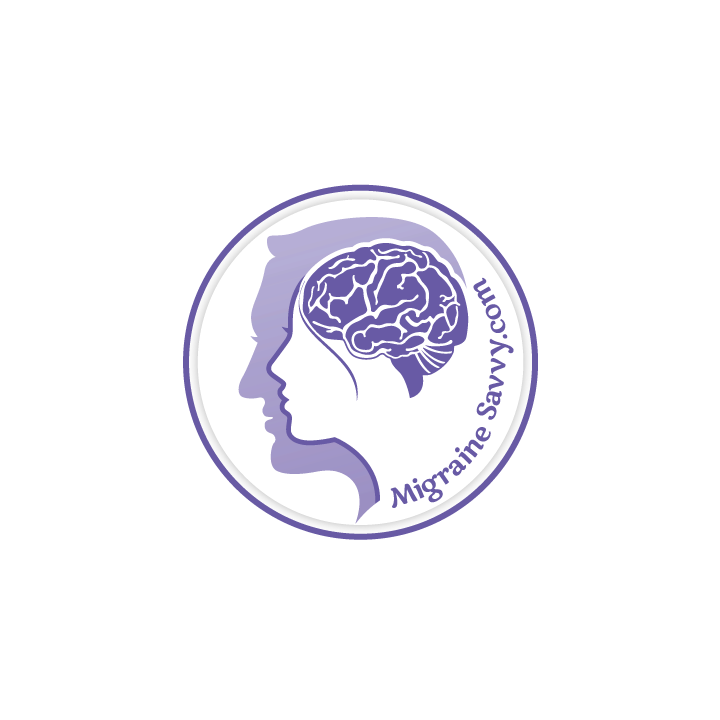- Home
- Migraine Treatments
- Treatment For Severe Headaches: How To Formulate An Effective Plan
COMPLETE MAGNESIUM SUPPORT
My Top Choice - Magnesium Breakthrough - The ONLY supplement with all 7 essential magnesium types in one formula. Most only have 1-2 types, leaving you deficient.
Treatment For Severe Headaches: How To Formulate An Effective Plan
Treatment | Medications | Treatment Plan | Self-Care | Alternative Therapies | Specialists
 Top tips to help treatment for severe headaches. Be prepared for the next attack so you can stop it asap @migrainesavvy
Top tips to help treatment for severe headaches. Be prepared for the next attack so you can stop it asap @migrainesavvy
Are you feeling overwhelmed trying to choose the right treatment for severe headaches?
For years as I sought more effective migraine treatments, I would often walk out of the doctors consultation feeling emotional and confused. S/he would give me an enormous amount of scientific data and alternative options which I thought I would remember... and never could.
Once emotion steps in, intellect steps out!
So here are some strategies and tips for you to use should you find yourself a bit overwhelmed with the whole ordeal.
Once you can get things organized, you can feel much better in appointments and be able to monitor your results.
What You'll Need To Consider
You’ll need to consider a number of things to be proactive and help stop your headaches as soon as possible.
If you get severe headaches, you’ll most likely need to consider medications like pain relievers: aspirin, ibuprofen, that could help relieve mild migraine attacks. There are medications marketed specifically for migraines like Excedrin migraine which is the combination of acetaminophen, aspirin and caffeine - these may help ease mild to moderate migraine pain.
Here are the different things to consider when forming your treatment plan:
- What’s the best medication? Prescription: preventive, painkillers or abortives; over the counter headache tablets.
- What else you can do to help your body NOT have a headache. (Being proactive - self-care, alternative therapies)
- What kind of doctors or specialists you should see.
Make sure to get the right diagnosis. A migraine is different to a tension or sinus headache and requires different treatment.
Medications to Discuss With Your Doctor
There’s a huge selection of medications for treatment for severe headaches that your doctor will consider. Here’s a short list:
- Anti-psychotic - reduces or improves the symptoms of certain psychiatric conditions.
- Analgesic - relieves pain.
- Non-steroidal anti-inflammatory (NSAIDs) - relieves pain, decreases inflammation and reduces fever.
- Stimulant - increases neurotransmitter levels, heart rate and blood pressure. It can also decrease appetite and sleep.
- Nerve blockers - blocks pain caused by damaged nerves.
- Triptan – aborts the pain phase of an attack. It should relieve pain and symptoms associated with migraines and cluster headaches.
- Neurotoxin (Botox) - reduces or eliminates muscle activity and spasms by paralyzing muscles.
My #1 Choice in Magnesium Supplements
After decades of trial and error, here are my top 10 tips...
10 Tips To Help Formulate An Effective Treatment Plan
Here are some more important tips you might want to include in your migraine pain management and treatment strategy:
1. Ask your chemist or pharmacist for a print out of your migraine medication from MIMS or what ever system they use in your country. The printout will list additional information for you and the expected side effects. Call your doctor if you have any, or book into see him/her immediately if you have any concerns.
2. Write out the instructions from both the doctor and the chemist.
Details are essential:
One of the best things I ever did was to write the information I need on a little pink recipe card so when I am too far gone in pain I can just read the card and I know:
- what I can take,
- how much and
- when (every 12 hours, or every 4 hours, for example).
As I change the medications, I change the cards. I never get confused this way when the pain is too bad to concentrate.
And I keep the card right in front of my meds, or in the box so I never have to look for it. This has been essential to me over the years when I just can't think straight.
3. Try to form a routine with your medications. Take your prophylactic medications exactly as prescribed – the same dose - at the same time(s) every day. Do not stop taking or change your medications unless you first talk with your doctor.
Write out your own migraine headache new treatment plan or a pain management strategy. I have a step-by-step plan in my course to help you with this. It's free to enroll and the first module is free. Here's the link - Migraine Pain Management Course.
4. Involve your family and loved ones. You can show your family your plan too and write out what they can do to help in your time of need like: be extra quiet, take dinner from freezer, walk the dog, pick up kids... you get the picture. They love you, they will want to help.
5. Keep a migraine diary (you can print out the simple one I recommend by joining my mailing list). It looks just like a normal calendar at the top with spaces on the left for any medications so you can keep track each day of what you are taking, and spaces below for notes and triggers.
A
calendar or journal is useful to list any changes you notice or to make
notes when your Doctor changes your meds.
6. Be prepared. Keep a supply of your medication at home and take one with you for emergencies at all times. So take your abortive with you wherever you go.
7. Do not take over the counter headache tablets if you have migraines - they are not effective for migraines. It’s a different thing all together. They are, however, a good choice of treatment for severe headaches in some cases - so check with your doctor.
8.
Keep really good records. You can get my medication tracker and medication notes to use when you join the mailing list.
Research shows that the way the body responds to
medications may change over time, so they may need to be adjusted. Tell
your doctor if you notice a difference in the effectiveness of your
chosen treatment using the symptom tracker in the course... here's the link:
9. Studies have shown that each type of migraine medication is most effective when used in combination with other medical recommendations like dietary and lifestyle changes, exercise, and relaxation therapy.
This is important! Learning to relax will increase the efficacy of your medications too.
10. Find what works and DO IT! Experiment... perfect... rinse... and repeat. Now you can write your own migraine pain management and treatment plan and add to it as you learn what works for you.
Treatment for Severe Headaches - Other Things To Consider
Here are a few other things to consider for your treatment for severe headaches:
Starting Quality Self-Care Practices
Avoid common migraine triggers like alcohol, caffeine or poor sleep.
Learn some new stress management skills.
Implement good sleep practices. This means having a regular bedtime schedule and avoiding day time naps. Reduce caffeine and TV (exposure to blue light) before bedtime.
Testing Alternative Therapies
Progressive muscle relaxation – involves tensing and then relaxing muscle groups from head to toe or vice versa.
Acupuncture – a method in traditional Chinese medicine for unblocking blocked meridians. Needles are inserted into specific points on the body to relieve pain and treat many other conditions to bring the body into harmony and restore health and well-being.
Seeing A Specialist
If you're not getting the results you want, consider seeing a specialist. Your General Practitioner (GP) might not be the best person to help you handle your severe attacks.
General Practitioner (GP) – your physician is your first port of call to help with your treatment for severe headaches. They diagnose and then help treat and prevent your health issues. The will also refer you onto the headache specialists you require.
Neurologist – mainly treats nervous system disorders. Not all neurologists deal with treatment for severe headaches or migraines, so make sure you find one that specializes in headache.
A specialized headache clinic. This might be best. A clinic dedicated to treating severe headaches and migraines will have all the professionals you need to see to get your best results.
To find the right migraine treatments - experiment... perfect... rinse... and repeat.
Until next time... be as pain free as possible,
WANT MORE TIPS? Subscribe to my newsletter and follow along on Facebook and Pinterest for all of the latest updates.
MIGRAINE TREATMENTS Related Articles
How to be more MIGRAINE SAVVY right now...


